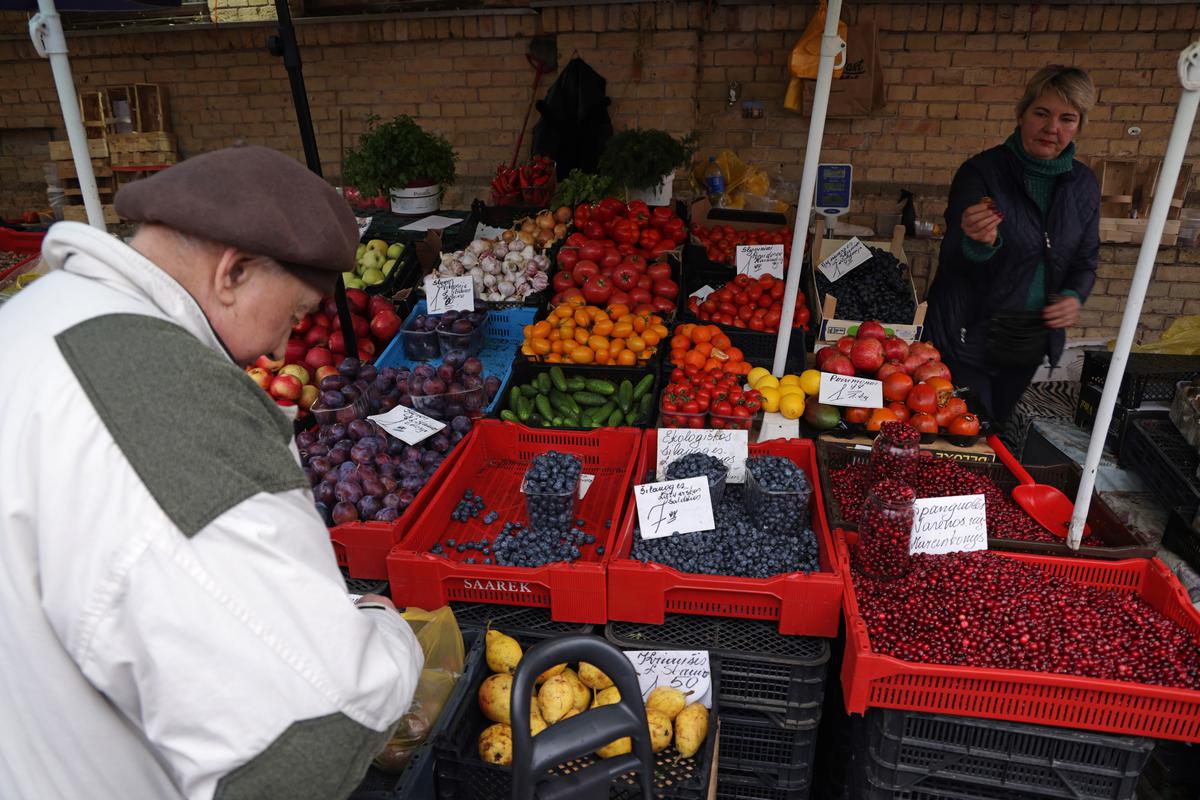
Inflation hits new record in Europe, slowing economy
The Hindu
Inflation just keeps punishing the European economy
Inflation hit a new record in the 19 countries that use the euro currency, fueled by out-of-control prices for natural gas and electricity due to Russia's war in Ukraine. Economic growth also slowed ahead of what economists fear is a looming recession, largely as a result of those higher prices sapping Europeans' ability to spend.
Annual inflation reached 10.7% in October, the European Union's statistics agency, Eurostat, reported Monday. That is up from 9.9% in September and the highest since statistics began to be compiled for the eurozone in 1997.
Natural gas prices skyrocketed in the wake of the invasion of Ukraine as Russia throttled back pipeline supplies to a trickle of what they were before the war. Europe has had to resort to expensive shipments of liquefied gas that come by ship from the U.S. and Qatar to keep generating electricity and heating homes.
While liquid gas succeeded in filling Europe's storage for the winter, the higher prices have made some industrial products such as steel or fertilizer expensive or simply unprofitable to make. Consumer spending power has been drained at shops and elsewhere as more income goes to pay for fuel and utility bills.
Natural gas prices for short-term purchases have eased recently but remain high on markets for coming months, suggesting that costly energy may be a persistent drag on the economy. A survey of professional forecasts last week by the European Central Bank showed expectations for inflation next year rose to 5.8% from 3.6% predicted three months ago.
The inflation outbreak has been an international phenomenon, sending price increases to near 40-year highs in the U.S. as well.
Eurostat figures showed prices for food, alcohol and tobacco have increasingly joined energy prices as a major contributor, rising 13.1%, while energy prices rose an astronomical 41.9%.













